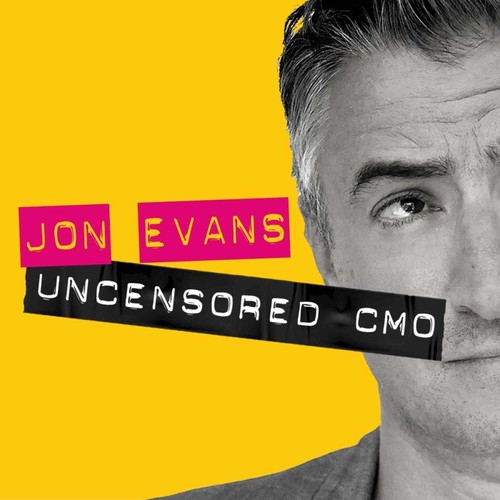
 Uncensored CMO
Uncensored CMO Rory Sutherland on why marketing is the answer to economic growth
158 snips
Apr 9, 2025 Join Rory Sutherland, Vice Chairman of Ogilvy and behavioral science expert, as he brings his unique wit and unconventional ideas to the discussion. He argues that marketing holds the key to economic growth, likening it to a casino rather than a science. Rory shares insights on leveraging competitors' weaknesses, reflects on his TikTok fame, and discusses the psychological intricacies of consumer behavior. Expect a mix of humor and thought-provoking anecdotes that reveal how effective marketing can drive innovation and change.
AI Snips
Chapters
Books
Transcript
Episode notes
Marketing's Role in Growth
- Economic growth may be fueled by marketing and salesmanship, not just invention.
- Inventors like Edison and Jobs were great marketers, persuading people to embrace new things.
Hidden Housing Supply
- Many homeowners would sell if presented with an attractive offer but hesitate to list.
- Rory Sutherland suggests a system where all homes are technically on the market.
Value of Slow Marketing
- Slow down AI adoption in marketing; the process of creating ads is valuable.
- Rushing to quick, cheap results can undermine strategic thinking.












